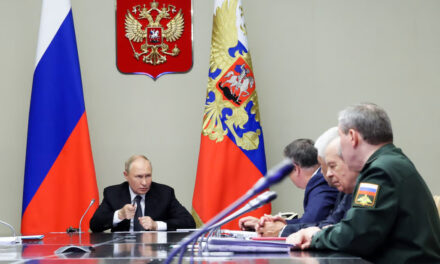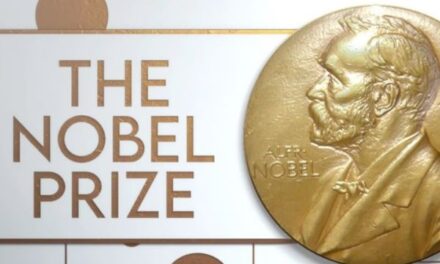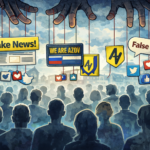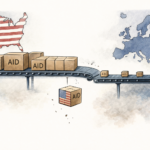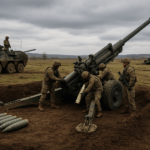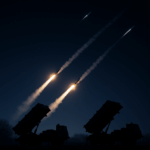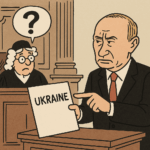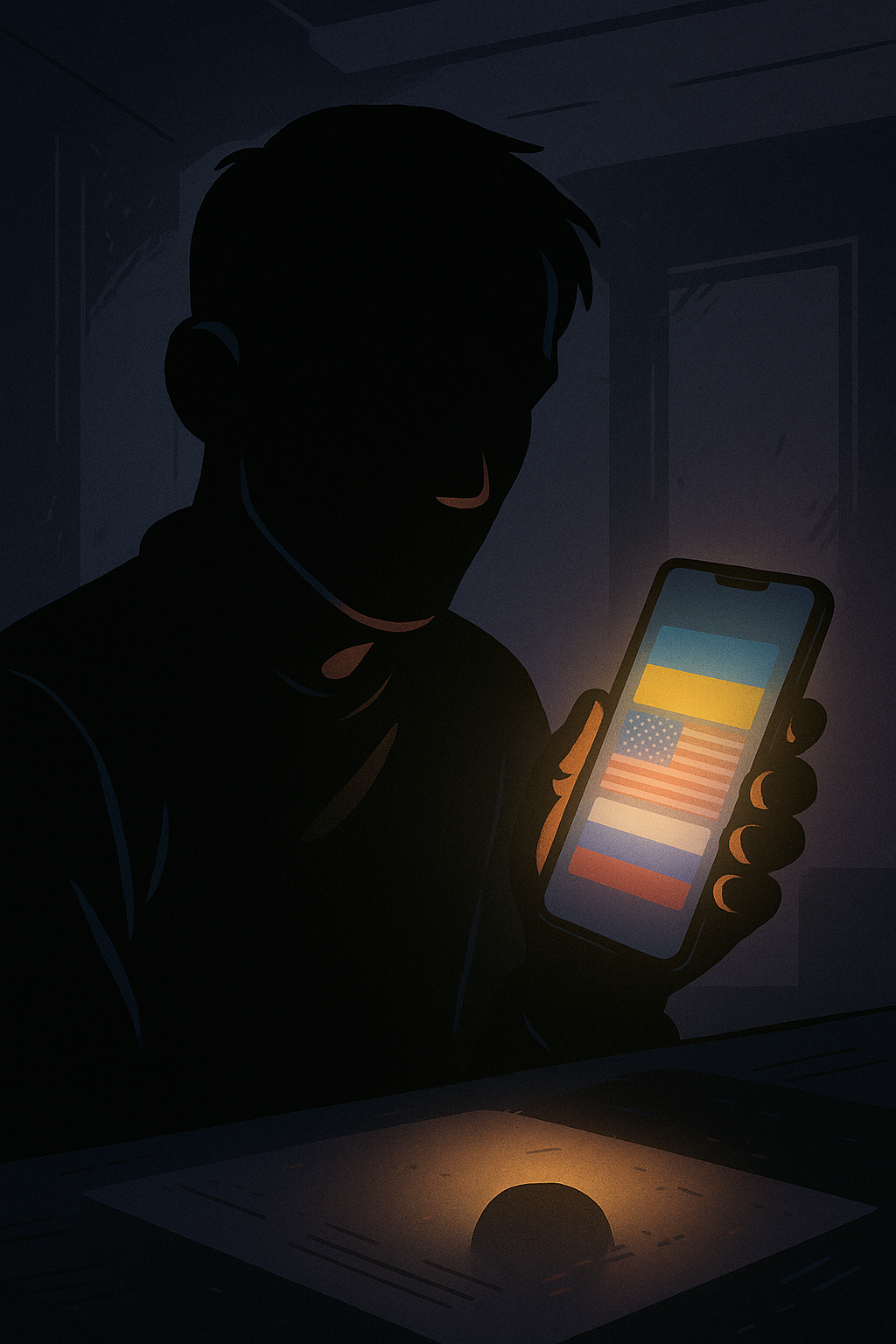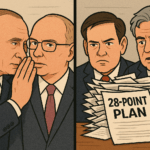President Volodymyr Zelenskyy’s May 8 address, delivered on the Day of Remembrance and Victory over Nazism, links the moral lesson of World War II to Ukraine’s current fight for survival. Speaking from central Kyiv, he recalls how Khreshchatyk stood empty on February 24, 2022, and contrasts that memory with today’s stubborn normalcy—people working, brewing coffee, moving vehicles to the front, and thanking soldiers who briefly rotate home before returning to the line. That everyday life, he argues, is the clearest answer to why evil will again be defeated.
Zelenskyy sets Ukraine’s ethos against Russia’s ritualized May 9 display, describing a “parade of fear” on Red Square that rehearses triumphal myths while ignoring atrocities. He points to the grotesque inversion whereby the organizers of mass graves in Bucha will speak about Nazi crimes, and those who blockaded Mariupol will lecture about the siege of Leningrad. The slogan “We can repeat” is, in his telling, proof that Russia chose repetition of evil rather than remorse. By contrast, modern Ukraine grounds its identity in the dignity of ordinary heroes—soldiers and civilians—and in a culture of memory that grew from a small, improvised plaque into a national place of mourning filled with flags, portraits, and candles.
He honors the more than eight million Ukrainians who died in World War II and the quiet sobriety of the veterans who used to toast only that there be no war. Today, nearly every family, he says, has a defender in the struggle against a new iteration of the same evil. Securing a just peace, therefore, requires unity and pressure: not appeasement, but coordinated force across the battlefield, diplomacy, and the economy. Either Russia must fundamentally change, or—as 80 years ago—the world must change around it and confront aggression without illusions. Only then will the promise of “never again” become real.
Zelenskyy closes with a call to treat May 8 as a meaningful day of remembrance and resolve, honoring the fallen and those defending life today. His message blends mourning with defiance: memory as a compass, resilience as a duty, and victory as the restoration of life across Ukraine.



